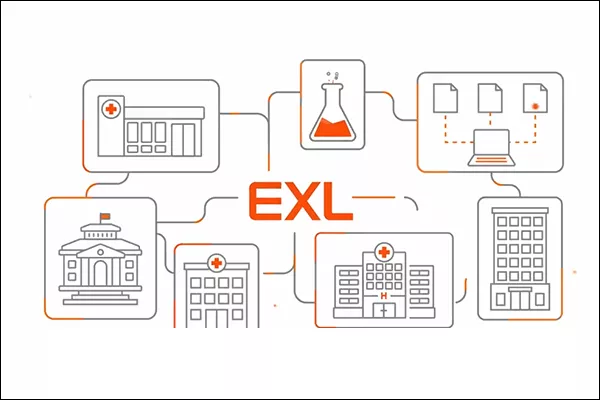EXL Health looks and goes deeper to find a better way
EXL Health’s modular, end-to-end risk adjustment and quality management solutions deliver optimized performance on risk-adjusted populations, including improvements across clinical documentation, quality outcomes and accurate reimbursement.
By combining deep domain expertise, cutting-edge technology, and advanced analytics, we help you achieve accurate risk and quality scores. Our AAPC-certified risk adjustment and quality services cover the full spectrum of support and are designed to meet our clients where they are on their value-based transformation journey. We partner closely with our clients to identify and engage the right patients at the right time to ensure they receive high-quality, coordinated care.
Get solution sheetWhat we do
At EXL Health, our risk adjustment, quality management, and analytics services enable our clients to get the most accurate results. We offer a full suite of effective risk and quality services and work with clients to develop the right program for their goals. These services include:

Analytics

Operations
Industry analysts recognize our excellence
EXL Health’s risk adjustment and quality management organization embodies human ingenuity to propel the success of our clients by solving their most complex problems. We take a relentless approach to getting results and deliver outcomes through a highly flexible, collaborative and responsive approach, enabling us to form strong, long-lasting partnerships with our clients who look to EXL Health as a strategic partner today, tomorrow and for years to come.
It’s one of the reasons why EXL Health was named Best in KLAS 2022 for Risk Adjustment, with 100% of our customers stating that they would purchase EXLCLARITY™ again





